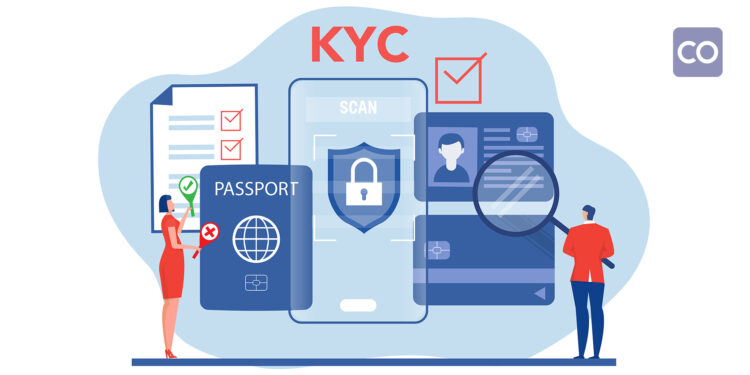KYC is a procedure banks, and various financial entities employ to collect identification details and communication information from existing and prospective clients. The objective is to thwart fraudulent practices, money laundering, illegal actions, and improper use of financial accounts.
In the United States, it is a legal requirement for banks to implement Know Your Customer (KYC) protocols in accordance with the USA Patriot Act of 2001. The Financial Action Task Force (FATF), created in 1989, aims to combat money laundering globally. FATF sets standards and offers advice to achieve this through Anti-Money Laundering (AML) measures. Member countries and jurisdictions enforce different laws, regulations, and rules to adhere to the AML standards. KYC procedures are closely linked with AML efforts in the fight against fraudulent and illegal financial activity.
KYC practices typically commence prior to a person becoming a client. Before initiating an account, financial entities are required to authenticate the identity claimed by a prospective customer. Given the absence of standardized legal verification protocols, this procedure can vary from one bank to another.
Documents necessary for identification in KYC procedures encompass:
- Driver’s License / Government-issued photo ID
- Passport
- Social security number
- PAN card
- Voter ID Card
Address verification is also necessary. Applicants can provide various documentary evidence depending on the bank’s practices. These can be a utility bill, a statement from another bank or credit card company, or a rental contract.
Banks must periodically update their customer records once an account has been established. This involves repeatedly verifying their customers by asking for updated Know Your Customer (KYC) information at various intervals during the duration of the customer’s relationship with the bank. Additionally, banks categorize their customers based on the level of risk they present and keep an eye on the customers’ financial activities to confirm that they align with the anticipated behavior.
Banking institutions are not the only ones that implement KYC standards. The investment sector also implements KYC measures in compliance with the KYC Rule 2090 set by the Financial Industry Regulatory Authority (FINRA). However, these KYC measures are not for anti-money laundering purposes; instead, they assist investment firms in gaining a deeper insight into the requirements of their clients.
In the context of cryptocurrency exchanges, it is common for users to be able to set up an account prior to completing the KYC (Know Your Customer) procedure. Yet, these accounts that have not been verified typically have restricted features.
The obvious benefit of implementing KYC (Know Your Customer) measures is the diminution and potential eradication of financial fraud and money laundering activities. Although this results in increased complexity and additional time consumption, particularly for banks and their clients, the advantages are probably greater than the drawbacks. Nevertheless, the adoption of uniform practices could probably make the procedures more efficient.
Within the domain of cryptocurrency, the employment of digital currency for unlawful actions has garnered considerable focus. It is undoubtedly advantageous for both cryptocurrency and its standing to diminish such activities. Adhering to regulatory requirements demands time but ought to be consistently promoted. Nonetheless, individuals must refrain from divulging personal identification details until they have verified that the firm has established adequate security measures to protect this information.






